Search
Showing results for "A"
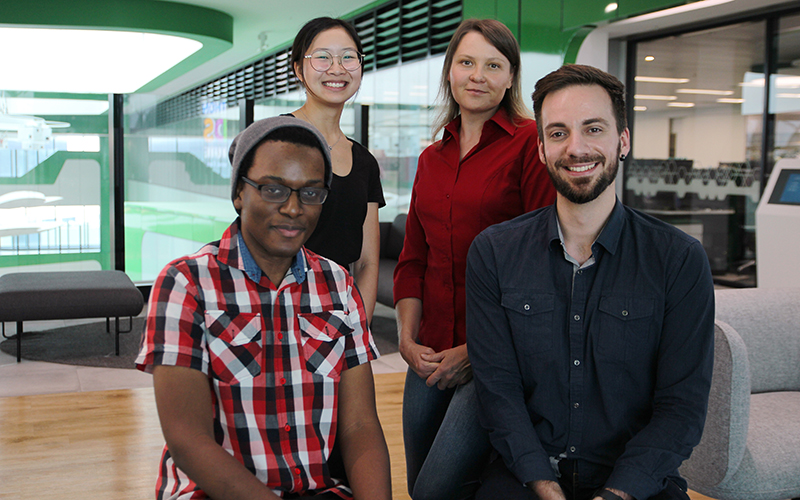
The Artificial Intelligence team at the Wal-yan Respiratory Research Centre is dedicated to delivering AI solutions for major challenges in respiratory healthcare and research.

Lung inflammation and simulated airway resistance in infants with cystic fibrosis Cystic fibrosis (CF) is characterized by small airway disease; but
Research
Asbestos exposure: Challenges for Australian cliniciansAnxiety and the inability to reduce MM risk following exposure or to halt progression of established asbestosis result in significant health care problems
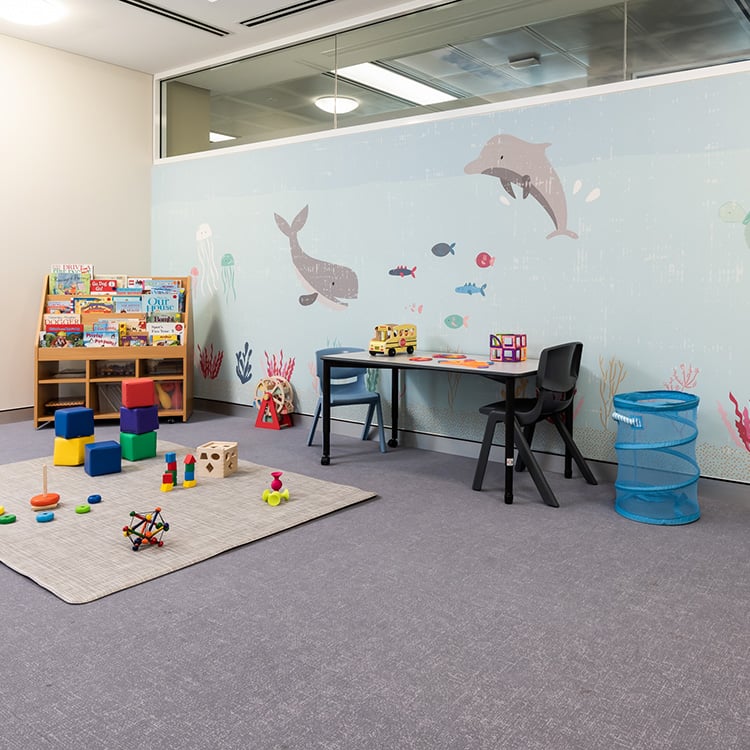
Creche services are available for families to use at CliniKids.
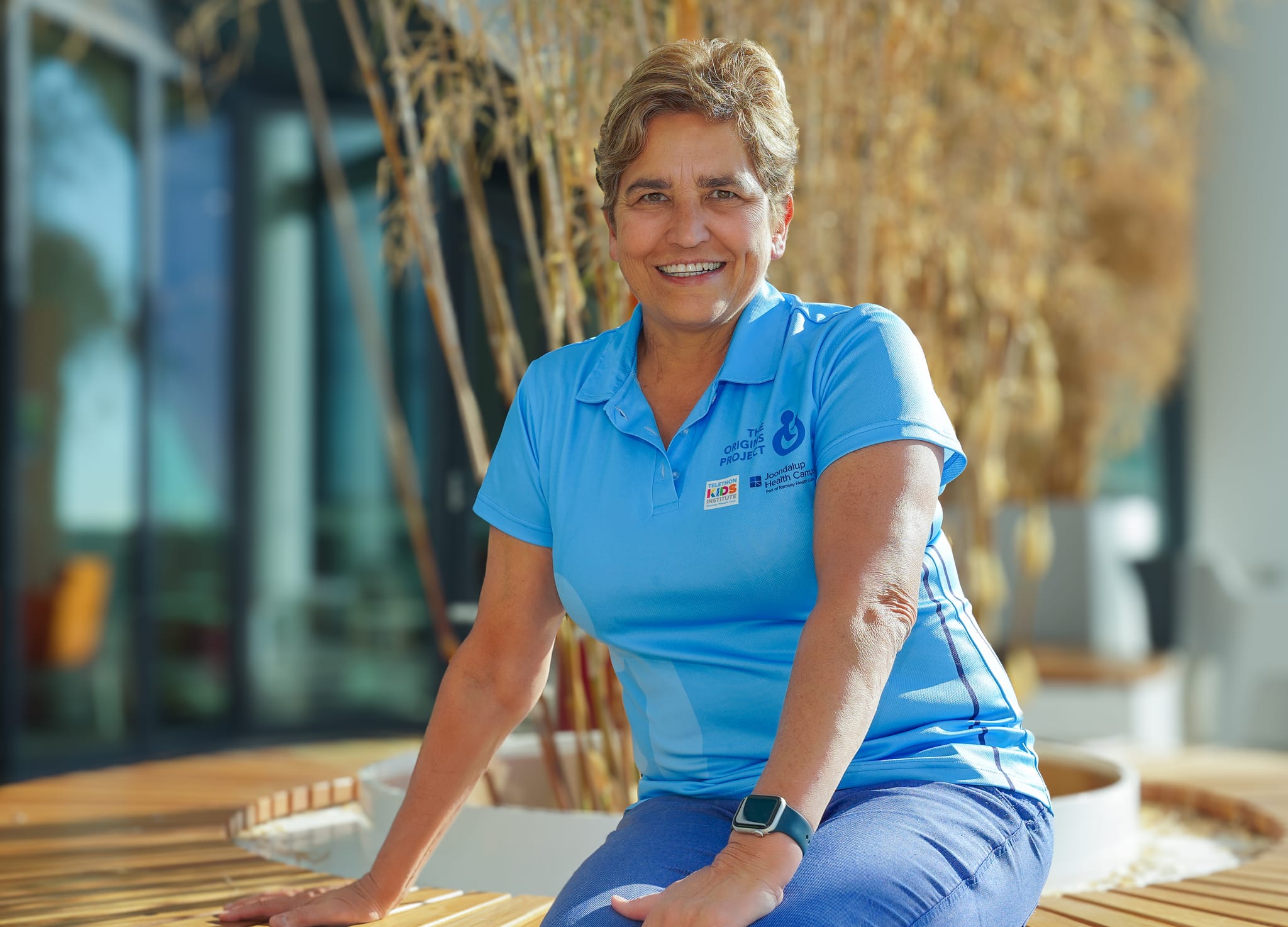
News & Events
ORIGINS Co-Director nominated in the 2024 Western Australian of the Year AwardsORIGINS Co-Director nominated in the 2024 Western Australian of the Year Awards
Research
Persistent Effects of Maternal Smoking during Pregnancy on Lung Function and Asthma in AdolescentsThe extent to which maternal smoking in pregnancy (MSP) has persisting effects on respiratory health remains uncertain and the mechanisms involved are not...
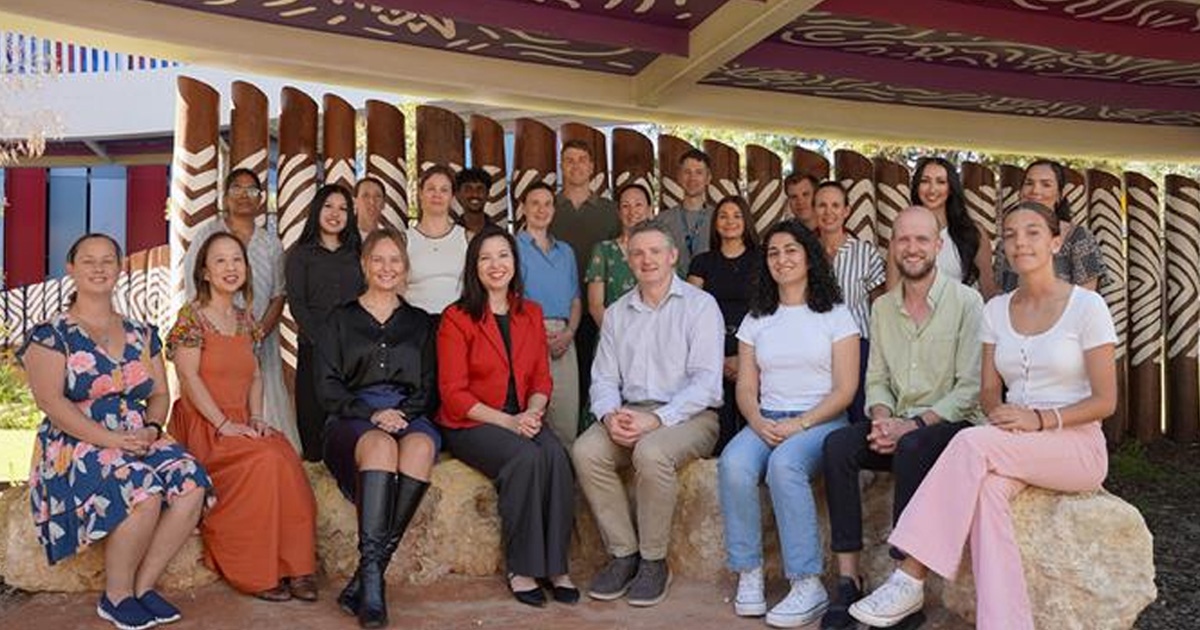
News & Events
Rapid diagnosis for childhood brain cancer in WAThe Kids Research Institute Australia's Brain Tumour Research team will develop and implement cutting-edge technologies to revolutionise the speed of brain cancer diagnosis for WA children, thanks to more than $200,000 from Telethon.
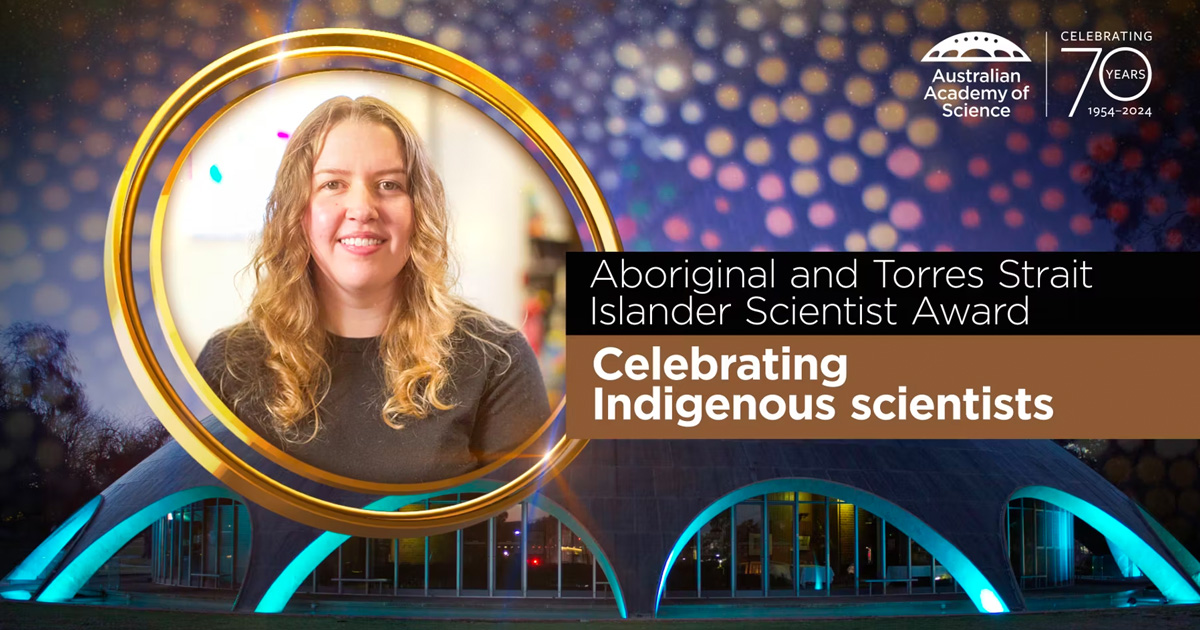
News & Events
Prestigious national award for researcher seeking to improve Indigenous cancer outcomesCongratulations to Indigenous genomics researcher Dr Justine Clark, who is one of two scientists nationally to receive the Australian Academy of Science’s 2024 Aboriginal and Torres Strait Islander Science Award.
Research
AnophelesModel: An R package to interface mosquito bionomics, human exposure and intervention effects with models of malaria intervention impactIn recent decades, field and semi-field studies of malaria transmission have gathered geographic-specific information about mosquito ecology, behaviour and their sensitivity to interventions. Mathematical models of malaria transmission can incorporate such data to infer the likely impact of vector control interventions and hence guide malaria control strategies in various geographies.
Research
Motives and Mental Contrasting With Implementation Intentions Predict Progress and Management of Goals in ParentsParents must rapidly adapt goals from various aspects of their lives to accommodate the demands of the early stages of parenthood. According to the self-concordance model, having autonomous goal motives (based on enjoyment or personal goal value) should foster effective self-regulation (e.g., coping strategies), better goal management, and increase the likelihood of goal attainment, compared to controlled motives (goals driven by demands/pressures).
